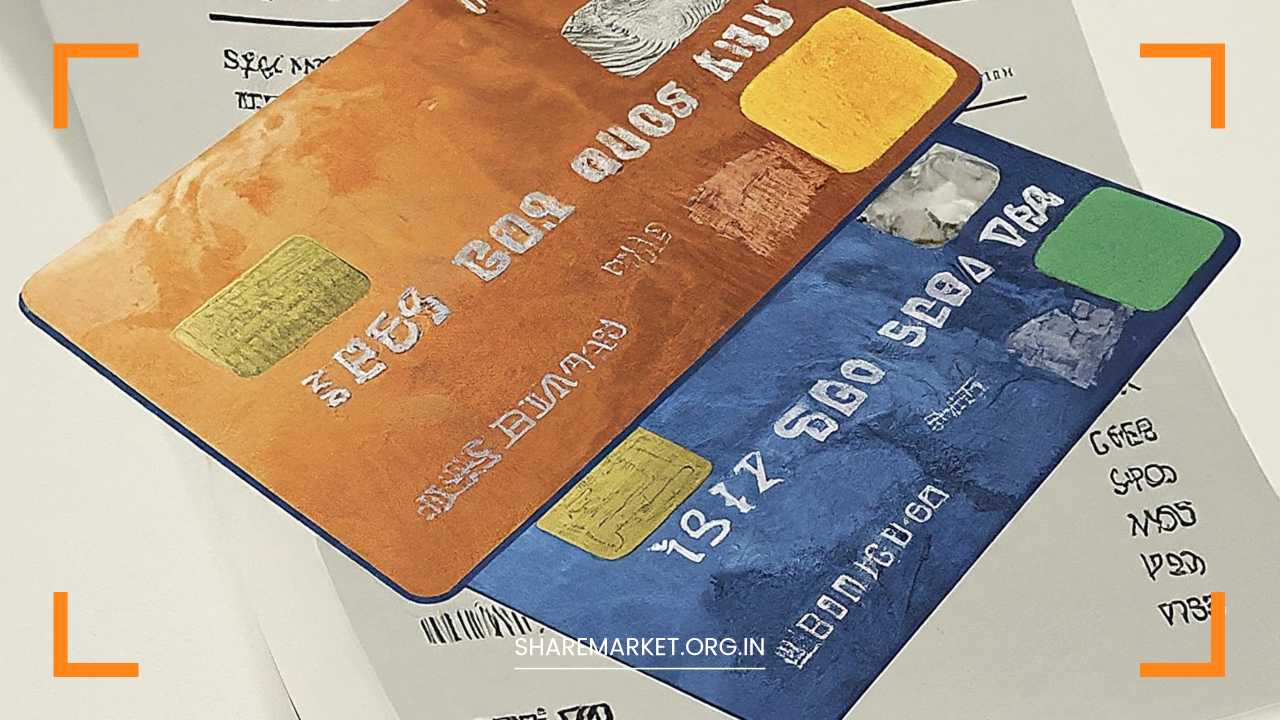What to Do When You Can’t Pay Credit Card Bill

Credit Card Bill
What to Do When You Can’t Pay Your Credit Card Bill
The weight of unpaid credit card bills can be overwhelming. If you’re facing this challenge, know that you’re not alone.
Many people find themselves in a similar predicament. This article aims to guide you through potential steps to manage your situation effectively.
Understanding the Gravity of the Situation
Before diving into solutions, it’s crucial to grasp the consequences of not paying your credit card bill:
High Interest Rates
Credit card interest rates can be exorbitant. When you carry a balance, interest accumulates quickly, causing your debt to grow faster than you might expect. This compounding effect can make it seem like you’re always a step behind in paying off your debt.
Late Payment Fees
In addition to interest, missing a payment typically results in late fees. These fees add to your financial burden and can further exacerbate your debt problem. Often, late fees are charged on a per-incident basis, which can quickly accumulate if payments continue to be missed.
Damaged Credit Score
Your credit score is a crucial part of your financial health. Non-payment or late payments can significantly impact your credit score, which can affect future borrowing opportunities. A lower credit score can result in higher interest rates on loans or difficulty securing new credit lines.
Legal Action
In severe cases, if you consistently fail to pay your credit card bills, creditors may take legal action to recover the debt. This can lead to wage garnishment, asset seizure, or other legal consequences, making your financial situation even more challenging.
Immediate Steps to Take
Don’t Ignore the Problem
Avoiding the issue won’t make it disappear. Address the problem head-on. Ignoring calls, letters, or emails from creditors can worsen the situation and reduce the options available to you. Facing the problem directly is the first step toward finding a resolution.
Calculate Your Debt
Understand the total amount you owe, including interest and fees. Make a detailed list of all your credit card debts, including each card’s balance, interest rate, and any fees associated with missed payments. This will give you a clear picture of your financial situation and help you prioritize which debts to tackle first.
Create a Budget
Analyze your income and expenses to identify areas where you can cut back. Create a detailed budget that outlines your monthly income and essential expenses such as housing, utilities, and groceries. Identify non-essential expenses that you can reduce or eliminate to free up funds for debt repayment.
Communicate with Creditors
Reach out to your credit card companies immediately to discuss your situation. Many creditors are willing to work with you if you proactively communicate. They might offer temporary relief, such as a payment plan, reduced interest rates, or deferred payments, depending on your circumstances.
Stop Unnecessary Spending
Avoid making new purchases on your credit card or any other credit facility. Continuing to accrue new debt will only complicate your financial situation. Focus on using any available funds to address your existing debt rather than adding to it.
Exploring Debt Management Options
Debt Consolidation
Combining multiple debts into a single loan often with a lower interest rate can help manage repayments. Debt consolidation involves taking out a new loan to pay off existing debts, leaving you with just one monthly payment to manage. This can simplify your finances and reduce the overall interest you pay.
Balance Transfer
Transferring your outstanding balance to a card with a lower interest rate can provide temporary relief. Many credit cards offer promotional balance transfer rates, which can be significantly lower than your current rates. However, be mindful of any transfer fees and the duration of the promotional period.
Debt Settlement
Negotiating with creditors to pay a lump sum less than the total amount owed can be an option if you’re unable to repay the full debt. Debt settlement involves negotiating with your creditors to agree on a reduced payment amount that satisfies your debt. This option can have a significant impact on your credit score and may come with tax implications.
Debt Management Plan (DMP)
A professional can negotiate with creditors on your behalf to create a manageable repayment plan. Under a DMP, you make a single monthly payment to a credit counseling agency, which then distributes the funds to your creditors according to the negotiated terms. This can simplify your payments and may result in reduced interest rates or fees.
Credit Counseling
Seek advice from a certified credit counselor for guidance on debt management strategies. Credit counselors can provide personalized advice and help you develop a plan to manage your debts more effectively. They can also assist with budgeting and offer educational resources to improve your financial literacy.
Seeking Professional Help
If you’re struggling to manage your debt on your own, consider seeking professional help:
Financial Advisor
A financial advisor can provide tailored advice based on your financial situation. They can help you assess your overall financial health, develop strategies for managing debt, and offer guidance on investments and savings to improve your financial stability.
Credit Counselor
Credit counselors offer guidance on debt management and can help create a repayment plan. They can work with you to negotiate with creditors, develop a budget, and provide ongoing support to help you stay on track with your debt repayment efforts.
Preventing Future Debt
Build an Emergency Fund
Having savings for unexpected expenses can prevent future debt accumulation. An emergency fund acts as a financial buffer, helping you cover unexpected costs without resorting to credit cards. Aim to save at least three to six months’ worth of expenses in a readily accessible account.
Create a Realistic Budget
Stick to a budget to avoid overspending. Regularly review and adjust your budget to reflect changes in your income or expenses. A well-planned budget helps you manage your finances more effectively and can prevent future debt accumulation.
Use Credit Wisely
Understand the terms and conditions of your credit cards and use them responsibly. Avoid charging more than you can afford to pay off each month and be mindful of interest rates and fees. Only use credit when necessary and ensure you can manage the repayment.
Monitor Your Credit Report
Regularly check your credit report for errors and unauthorized activity. You can obtain a free copy of your credit report from each of the three major credit bureaus annually. Review your report for inaccuracies or signs of identity theft and dispute any discrepancies promptly.
Legal Implications
If you’re unable to repay your debts, understanding the legal implications is crucial:
Debt Recovery Agents
These agents may contact you to recover the outstanding amount. Debt collectors are often employed by creditors to pursue unpaid debts. While they have the right to seek repayment, they must follow legal guidelines and cannot use harassment or threats.
Legal Action
Creditors can take legal action to recover the debt, which may involve asset seizure. If a creditor sues you and obtains a judgment, they may have the right to garnish your wages or seize assets to satisfy the debt. Legal action is typically a last resort and can have serious long-term consequences.
Bankruptcy
In extreme cases, bankruptcy might be an option, but it should be considered as a last resort and has serious consequences. Bankruptcy can provide relief from overwhelming debt but can also have long-lasting effects on your credit and financial future.
There are different types of bankruptcy (e.g., Chapter 7, Chapter 13), each with its own requirements and implications.
Coping with Financial Stress
Debt can be emotionally draining. Here are some tips to manage stress:
Seek Support
Talk to friends, family, or a counselor about your feelings. Sharing your struggles can provide emotional relief and practical support. Support groups or financial counseling services can also offer valuable guidance and encouragement.
Practice Self-Care
Prioritize physical and mental well-being through exercise, meditation, or hobbies. Taking care of your health can improve your ability to cope with stress and make better financial decisions. Engage in activities that bring you joy and relaxation.
Avoid Isolation
Connect with others who might be facing similar challenges. Isolation can exacerbate feelings of stress and anxiety. Reach out to community resources, support groups, or online forums where you can share experiences and gain insights from others in similar situations.
Remember, seeking help is a sign of strength, not weakness. By taking proactive steps and seeking professional guidance, you can overcome your financial challenges and regain control of your financial future.
Disclaimer: While this article provides general information, it’s essential to consult with a financial advisor for personalized advice based on your specific situation.

















